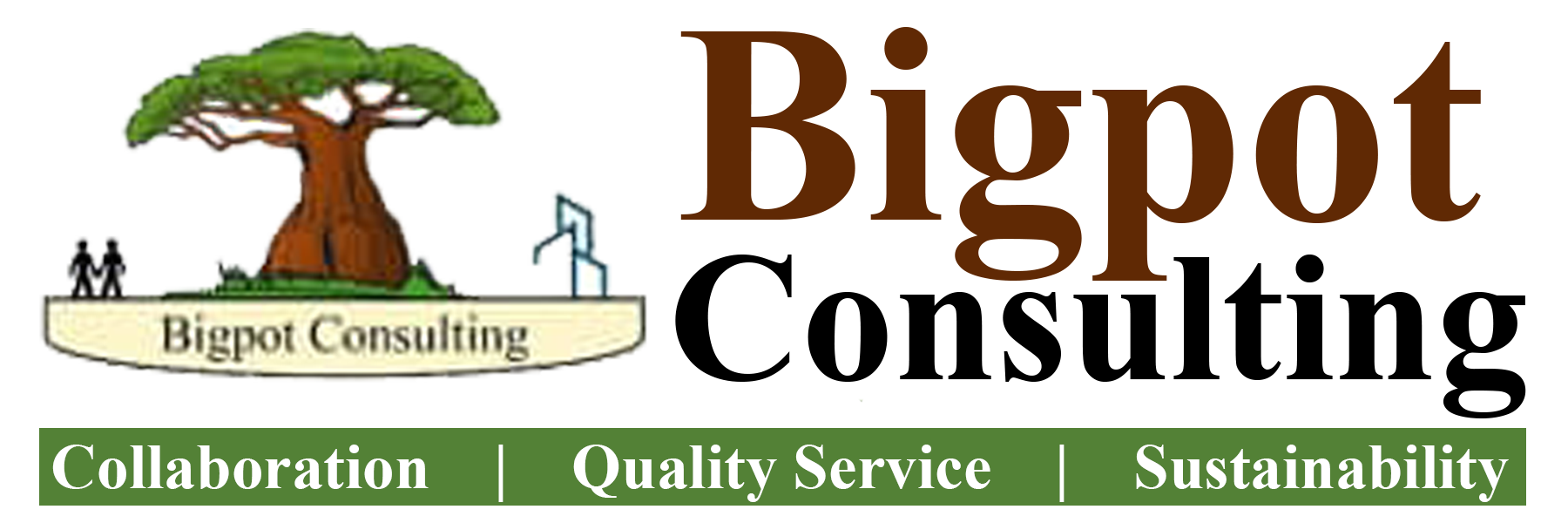by Raymond Nakulenga

Malawi has once again been struck by natural disasters that have left nearly half of the country’s population on the brink of starvation. According to the World Food Programme (WFP, 2024), 40 percent of Malawi’s population is expected to face acute hunger due to droughts and floods caused by El Niño.
The country’s goal of self-food-reliance under the Affordable Agriculture Inputs Programme (AIP) has also faltered. The Food and Agriculture Organization of the United Nations reports that in 2023, Malawi’s cereal production dropped by 3 percent to 3.8 million tonnes from the five-year average of 3.9 million tonnes (FAO, 2023). A significant factor contributing to the decline in crop production is the state of soil fertility across the country. The Mwapata Institute (2021) has identified a recurring theme of “Low crop response rates to fertilizer application” in Malawian agriculture, partly due to characteristics such as low pH (acidity) and low soil carbon. These issues are exacerbated by continuous cultivation and inadequate soil and water management.
In response to the challenges of food independence and low crop response to inorganic fertilizers, the Catholic Development Commission in Malawi (CADECOM), in partnership with BioChar Life, has embarked on a project to introduce carbonized organic fertilizers, known as biochar, to smallholder farmers across the country.
At a demonstrative meeting in Zomba, CADECOM highlighted the benefits of biochar, a process that involves burning organic materials in the presence of little or no oxygen, which releases biogas and leaves behind 80 percent elemental carbon. This method not only promotes food autonomy but also combats climate change by limiting CO2 emissions and supporting biodiversity through the use of all-organic materials.

Patricia Mauya, CADECOM’s project coordinator, emphasized the affordability of biochar farming. “A 50-kilogram bag of inorganic fertilizer costs roughly 80,000 Malawian Kwacha (USD 45.92). Even with the government’s subsidy program, very few farmers have access to it,” said Mauya. “With biochar, farmers only need dry maize cobs and stalks, which are readily available.”

CADECOM’s initiative not only aligns with the United Nations Sustainable Development Goals, particularly those focused on Climate Action and ensuring sustainable consumption and production patterns, but it also resonates with national policies. This includes Malawi 2063, the National Agriculture Policy (2016), the Climate Change Management Policy (2016), and several other policies related to environment, agriculture, and natural resources management. By promoting the use of organic resources, the project advocates for environmentally sustainable agricultural practices that are crucial for the country’s resilience and food security.
